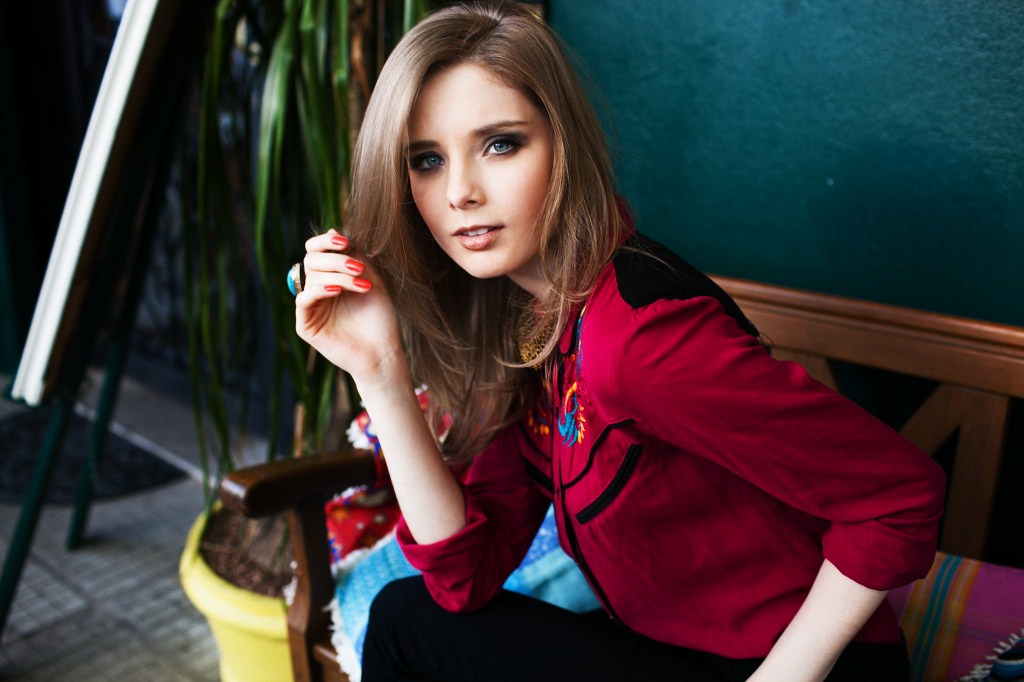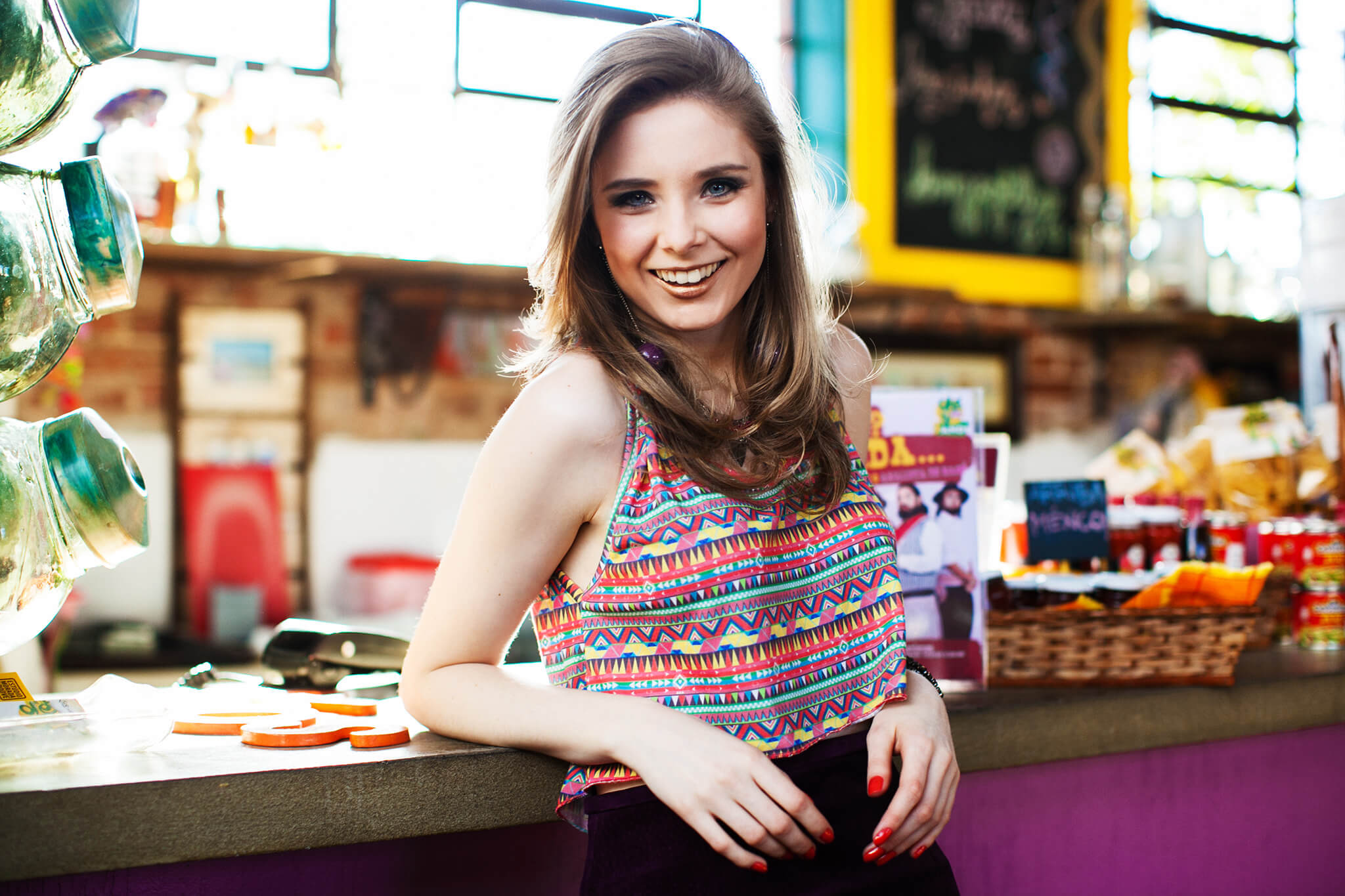Resisting the perilous powers of the beauty industry
The term “beautiful” literally references that which is attractive, lovely, charming and even ideal when used in the context of everyday discussion, whether you are admiring the appearance of budding tree blossoms on a spring morning or complimenting your friend on her genuine and admirable personality traits. However, when considering the “beauty industry” in itself, the true nature behind this giant and its relationship with its consumers, namely women, may be far from beautiful. What is perhaps even more ironic is that this industry and what it represents doesn’t necessarily assist in making us feel beautiful either.
This concept of the beauty industry here doesn’t refer to just make-up and cosmetics or clothing and accessories, but rather what these things actually represent. Advertisements for these sorts of products play a key role in this discussion in particular; I’m sure most of us are familiar enough with the likes of a slender Kate Moss with flawless milk-white skin, plump lips and defined cheekbones that may make us feel admiration, a drive to attain or even a twinge of jealousy. These adverts a designed to sell products, suggesting that to acquire these items will liken us to the woman in the image we see. As an active consumer, we are not just literally buying these products, but we are buying into a certain ideal image of beauty.
What deep-rooted effects do the likes of these advertisements have on us, if any? And how does it make us feel once we have actually acquired and used that foundation or those stilettos? A friend of mine recently speculated as to whether she would spend the rest of her life comparing her own appearance to that of others, particularly famous women, and I can vouch for one that she is not alone in pondering this. In reality we may be well aware that the models in these advertisements have had more than a little help from a team of stylists and make-up artists, and let’s not forget Photoshop (as Cindy Crawford once said, “Even I don’t wake up looking like Cindy Crawford”). However, it is still difficult for many of us not to feel a little inadequate in comparison at times. Even if the beauty industry doesn’t create these insecurities, it may well help to enhance or sustain them for some of us.

Of course, I am by no means suggesting that we shoppers are particularly vain, nor am I arguing that we are some sort of mindless drones waiting to be shaped into an insecure mass of clones by society’s ideals! I am simply suggesting that it may be necessary at times to ensure we don’t lose perspective as to what is important in life, and to make sure we don’t forget who we really are. When we are constantly surrounded by these beauty ideals it can be easy enough to do so at times. On perhaps a more positive note, small forms of resistance against such pressures are certainly not uncommon nowadays; take for example, the concept that there has been a huge shift in recent years from a focus of the ideal skinny woman through to what is arguably some form of health and fitness revolution. Social media sites less often feature the likes of “thinspiration” trends, but concepts such as “fitspiration” and “eat clean” are terminologies now flooding these outlets. There has certainly been a degree of transition between striving to look better and the drive to actually feel better about ourselves.
In reality, it would seem unrealistic to think we can and should completely boycott these beauty representations altogether (let’s face it, if you’re interested enough in the beauty industry to read an article on the topic, you probably wouldn’t want to either), but it certainly seems possible that we can enjoy purchasing these items and admiring these supermodels without putting ourselves down in turn. There is more to life than having longer legs and thicker eyelashes, and we owe it to ourselves to remember that the “beauty” in beauty industry should be taken with a pinch of salt.






